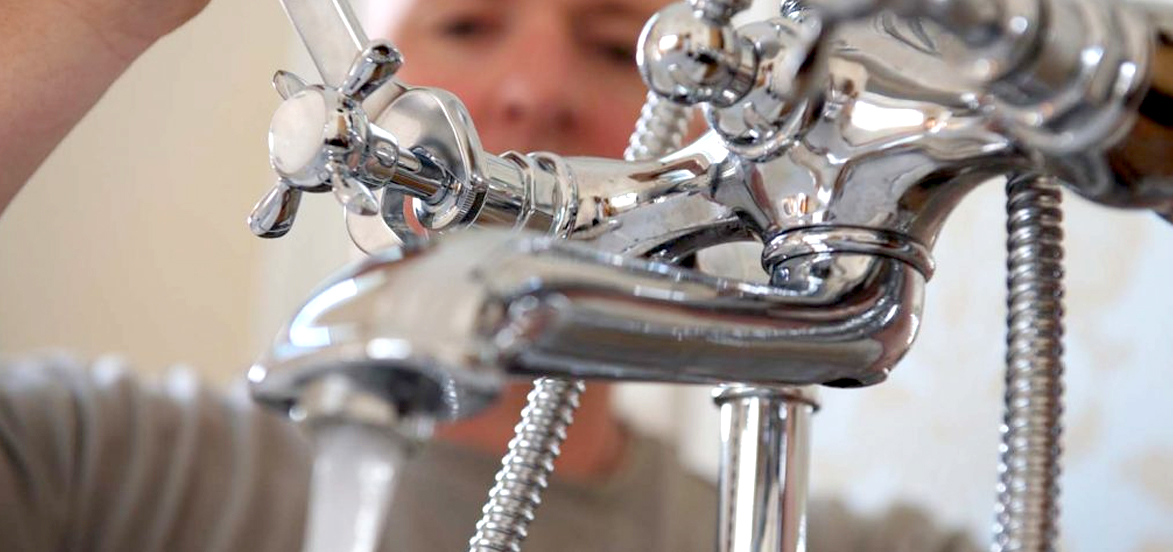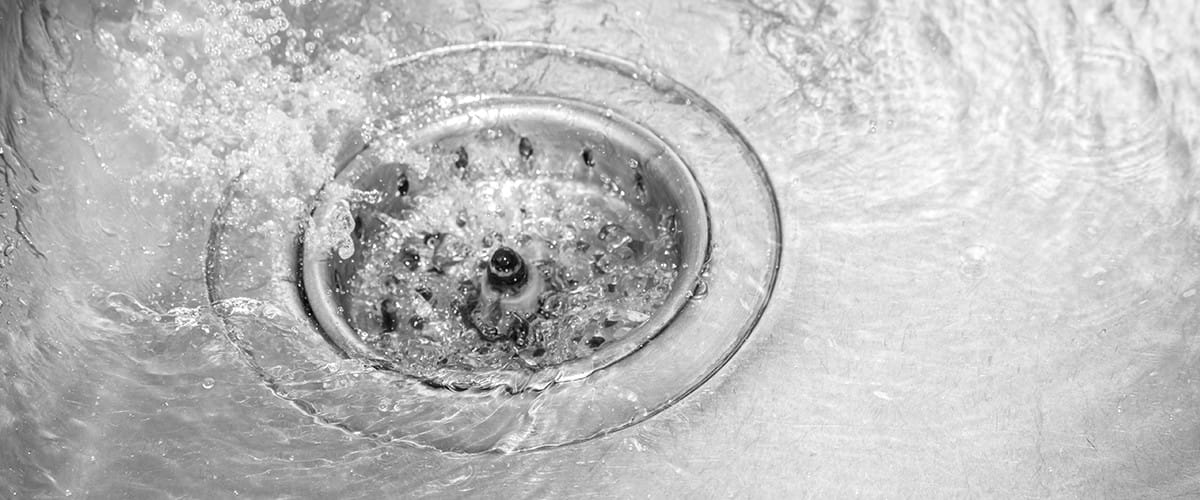5 Frequent Origins of Water Leaks
5 Frequent Origins of Water Leaks
Blog Article
Just how do you really feel when it comes to Where to Find Water Leaks?

"Be careful of little expenditures. A little leak will sink a fantastic ship." - Benjamin Franklin.
He couldn't have been much more right due to the fact that water leaks in our homes result in a waste of sources, enhancing our water costs. Although this rise might appear minimal initially, it can cause substantial expenditures that can break your bank. Aside from a boost in bills, water leakages likewise cause unwanted organic growth, structural damages, and also also electric risks.
Finding out if you have a water leak isn't constantly simple because of being unable to see a lot of the pipework in your house. If you have had a boost in your water expenses recently, saw water discolorations on walls as well as ceilings, smelt lousy odor, etc. You may want to think about asking for plumbing solutions to get it took a look at.
There are numerous reasons for water leakages, and also we have actually assembled the usual factors listed below. Inspect to see if you have actually had relevant concerns in your home recently.
Compromised pipe joints
Pipe joints are the parts of our plumbing system where the pipelines attach. They are the weakest factor of our plumbing system. Because of this, they are much more vulnerable to wear and tear. It is necessary to note that despite the fact that pipelines are developed to stand up to pressure and also last for some time, they weren't made to last for life; therefore, they would certainly degrade in time. This deterioration can bring about splits in plumbing systems. A common indicator of damaged pipe joints is too much noise from taps.
High water stress
You noticed your home water pressure is more than normal however after that, why should you care? It runs out your control.
It would be best if you cared because your average water stress must be 60 Psi (per square inch) as well as although your residence's plumbing system is created to withstand 80 Psi. A rise in water pressure can put a pressure on your house pipes and also lead to splits, or worse, ruptured pipes. Get in touch with an expert regarding managing it if you ever before see that your residence water stress is higher than typical.
Deterioration
As your pipework grows older, it obtains weaker and much more susceptible to rust after the regular flow of water with them, which can gnaw at pipes and trigger cracks. A noticeable sign of deterioration in your house plumbing system is discoloration and although this could be difficult to spot because of the majority of pipelines hidden away. We suggest doing a constant appointment every few years and transform pipes once they are old to make certain a sound plumbing system
Obstructed drains pipes
Food particles, dirt, and grease can create clogged up drains and block the passage of water in and out of your sink. If undealt with, raised stress within the rain gutters can finish and create an overflow up cracking or rupturing pipelines. To avoid clogged drains pipes in your house, we recommend you to avoid putting bits down the drain as well as normal cleaning of sinks.
Busted seals
One more source of water leaks in homes is broken seals of residence appliances that make use of water, e.g., a dishwashing machine. When such appliances are installed, seals are set up around water connectors for simple flow of water through the maker. A busted seal can trigger leakage of water when in use.
With little or no understanding of plumbing, recognizing your residence's plumbing system sufficient to deal with some of these issues (without consequence) can be an inconvenience. Contact plumbing experts in Pittsburgh, Providence, Rochester, and environ today, and they'll make those concerns go away.
He could not have been a lot more ideal due to the fact that water leakages in our houses result in a waste of sources, boosting our water costs. If you have had an increase in your water costs recently, discovered water spots on ceilings and wall surfaces, smelt lousy smell, and so on. A rise in water pressure can place a stress on your residence pipelines as well as lead to fractures, or worse, burst pipes. An additional reason of water leakages in residences is damaged seals of home appliances that use water, e.g., a dishwasher. When such devices are set up, seals are installed around water adapters for simple passage of water with the machine.
5 TIPS IN DETECTING A WATER LEAK IN YOUR HOUSE
Water leaks can be hard to find in your home, yet they can be so common. We rely on water every day in our home, which is why a leak can cause big problems. By detecting them early, you can save money and further damage, getting the problem fixed as soon as possible. Here are 5 tips to help you detect a water leak in your home, so you can contact a plumber straight away and get the issue sorted.
Check your water meter
Many people underestimate the value of the water meter in their home. It can be one of the best ways to tell if you have a leak early on, so you can get on top of it before issues start arising. Start by turning off all the water in your home: taps, washing machine, dishwasher, etc. Now take a look at the meter – if it’s still changing with everything turned off, it’s likely you have a fast-flowing leak that you need to get on top of straight away. If nothing changes, then leave your meter for an hour or two and come back to it. Did it change in this time? It’s likely you have a slower leak, which isn’t as urgent but still handy to get fixed so it doesn’t become a bigger problem.
Keep an eye on your bill
Another good way to detect a leak in your home is by keeping an eye on your water bill. It helps if you have a past bill from the same period of time. You can compare like for like and determine whether your water usage has increased significantly. If it has, there may be a leak in your system that you haven’t picked up before. A professional plumber can check through all of your pipes and determine where it is coming from.
Look for damage
If you have a leak inside your home, you will notice damage over time. Take a look at your showers and bathtubs and note whether any of the tiles surrounding the area seem to be discoloured or damaged in any way. There may be water stains, mould or peeling material that has resulted from a build up of moisture over time. Make sure you take a look under sinks at the back of cupboards that don’t get accessed regularly. This is where damage can go unnoticed and build up over periods of time.

As a keen person who reads about How to Find and Prevent Water Leaks in Your Home, I imagined sharing that section was a great idea. Are you aware of another person who is fascinated about Common Causes of Water Leaks in the Home? Take a moment to share it. We enjoy reading our article about Where to Find Water Leaks.
Immediate response? Call. Report this page